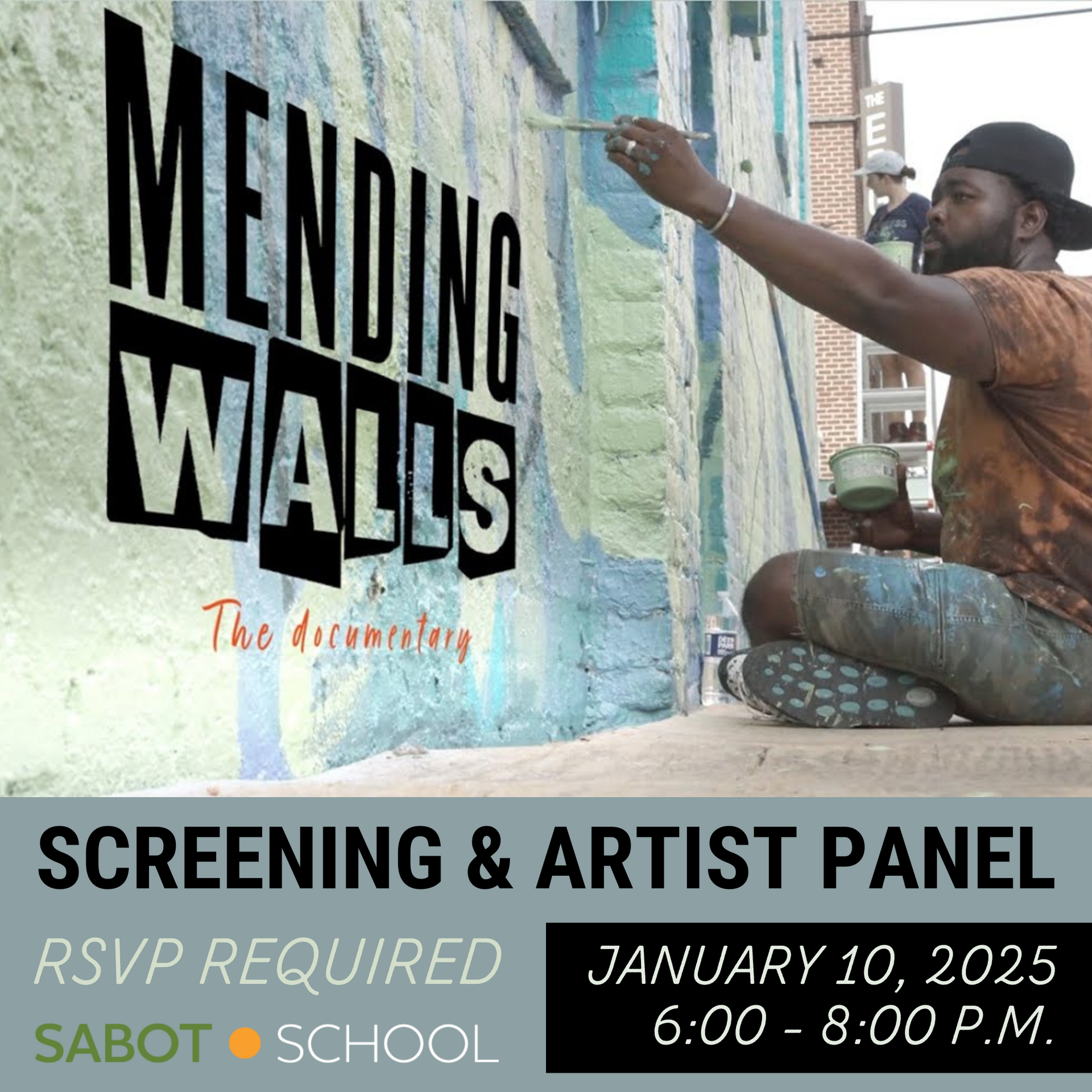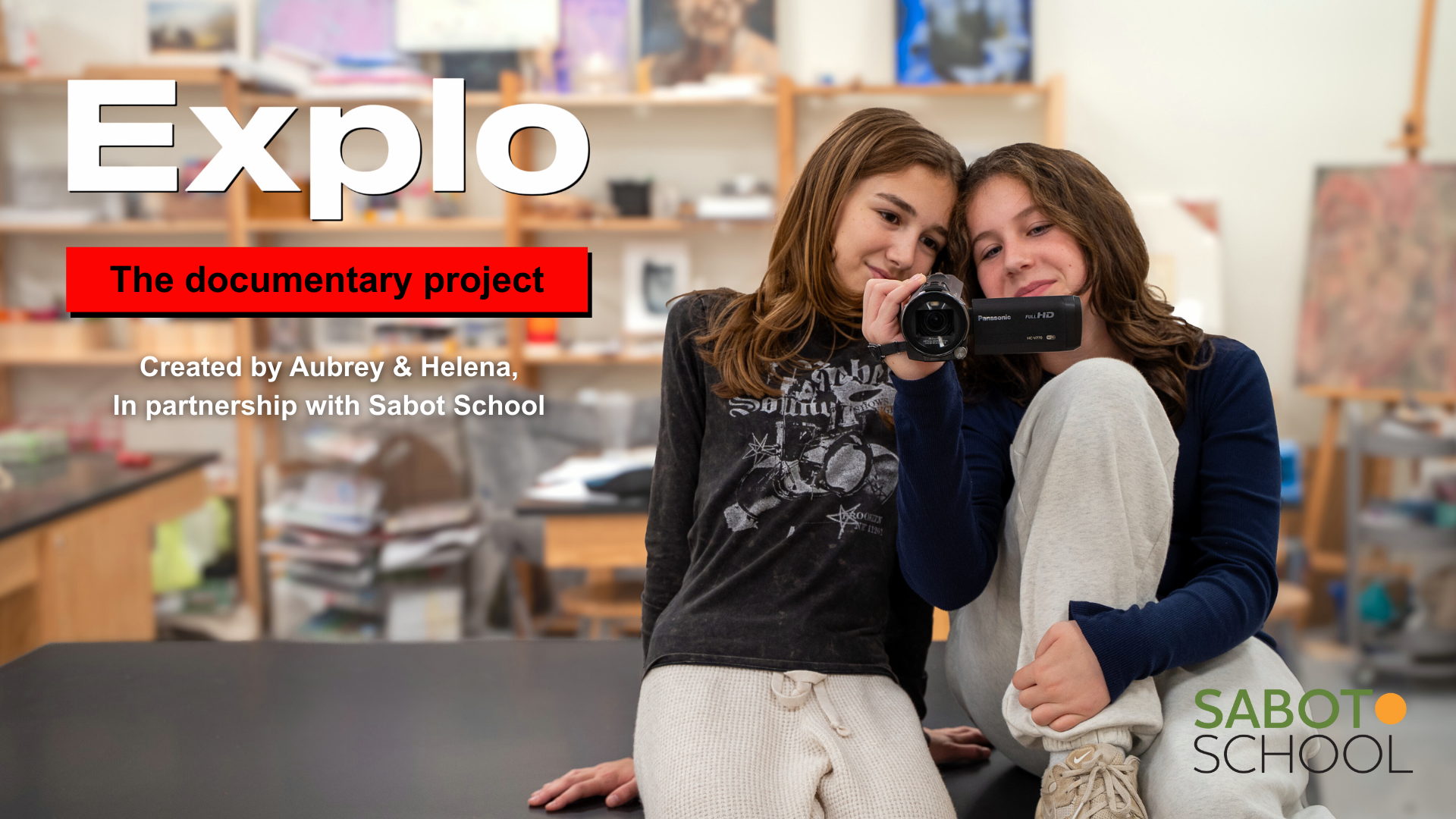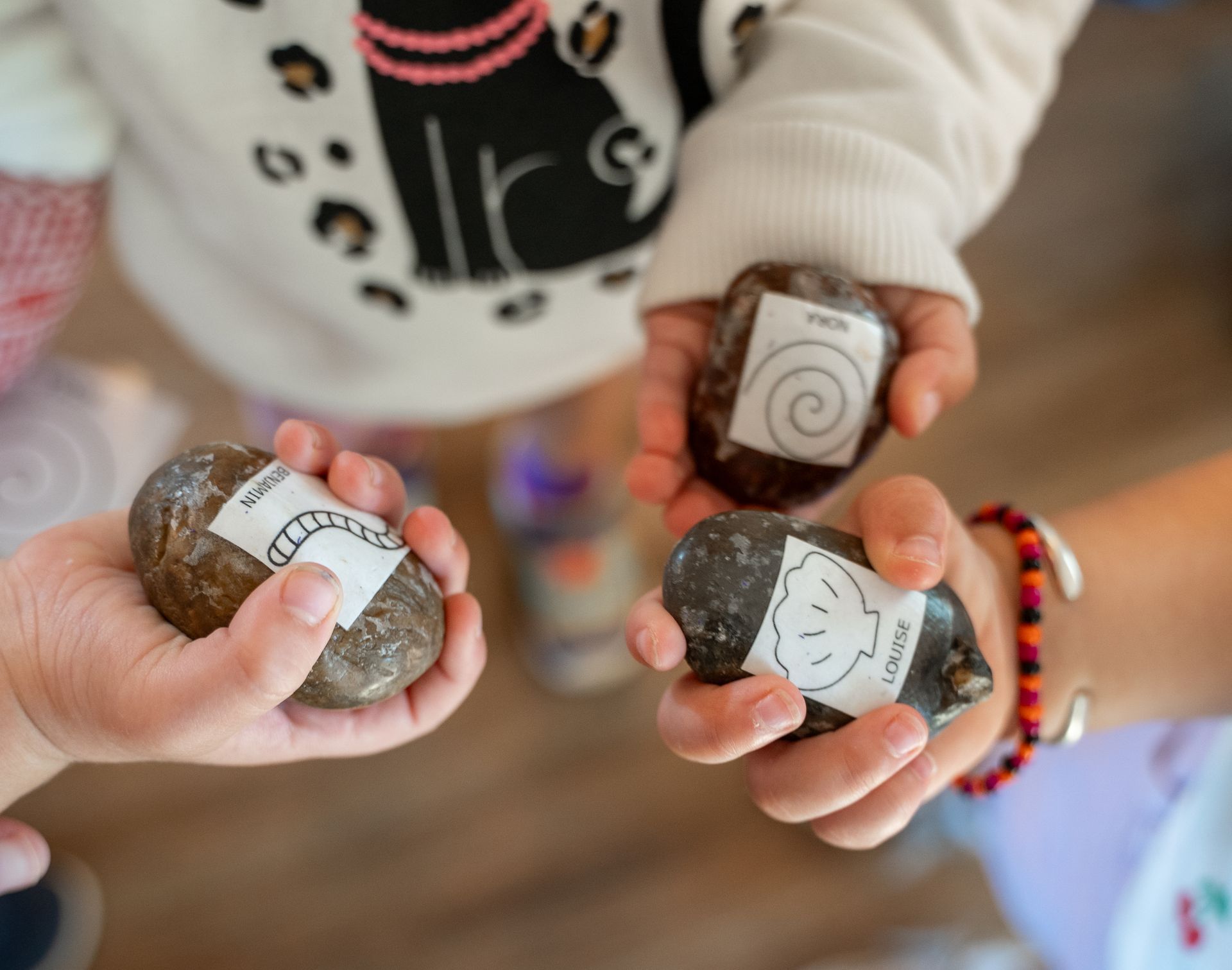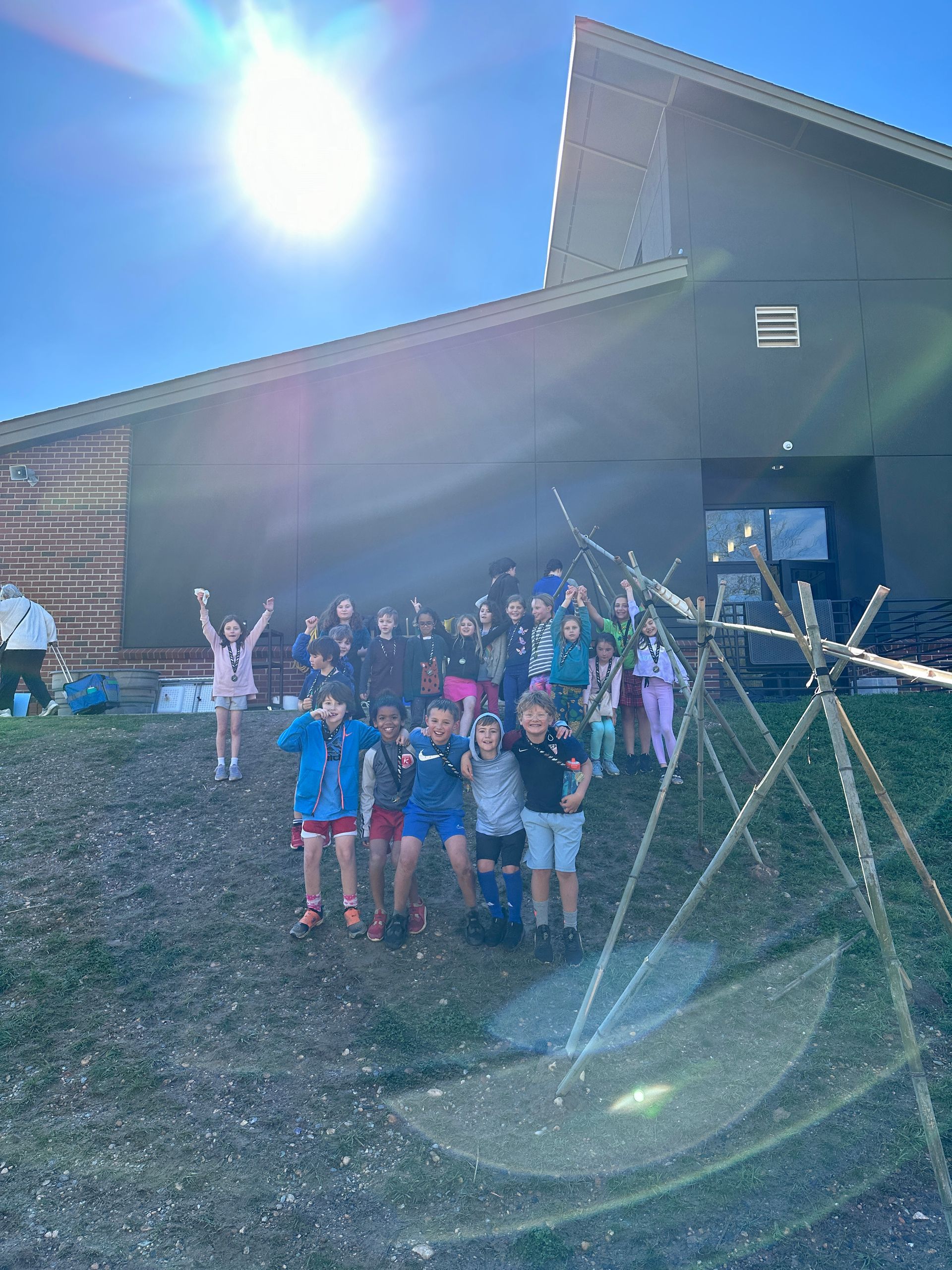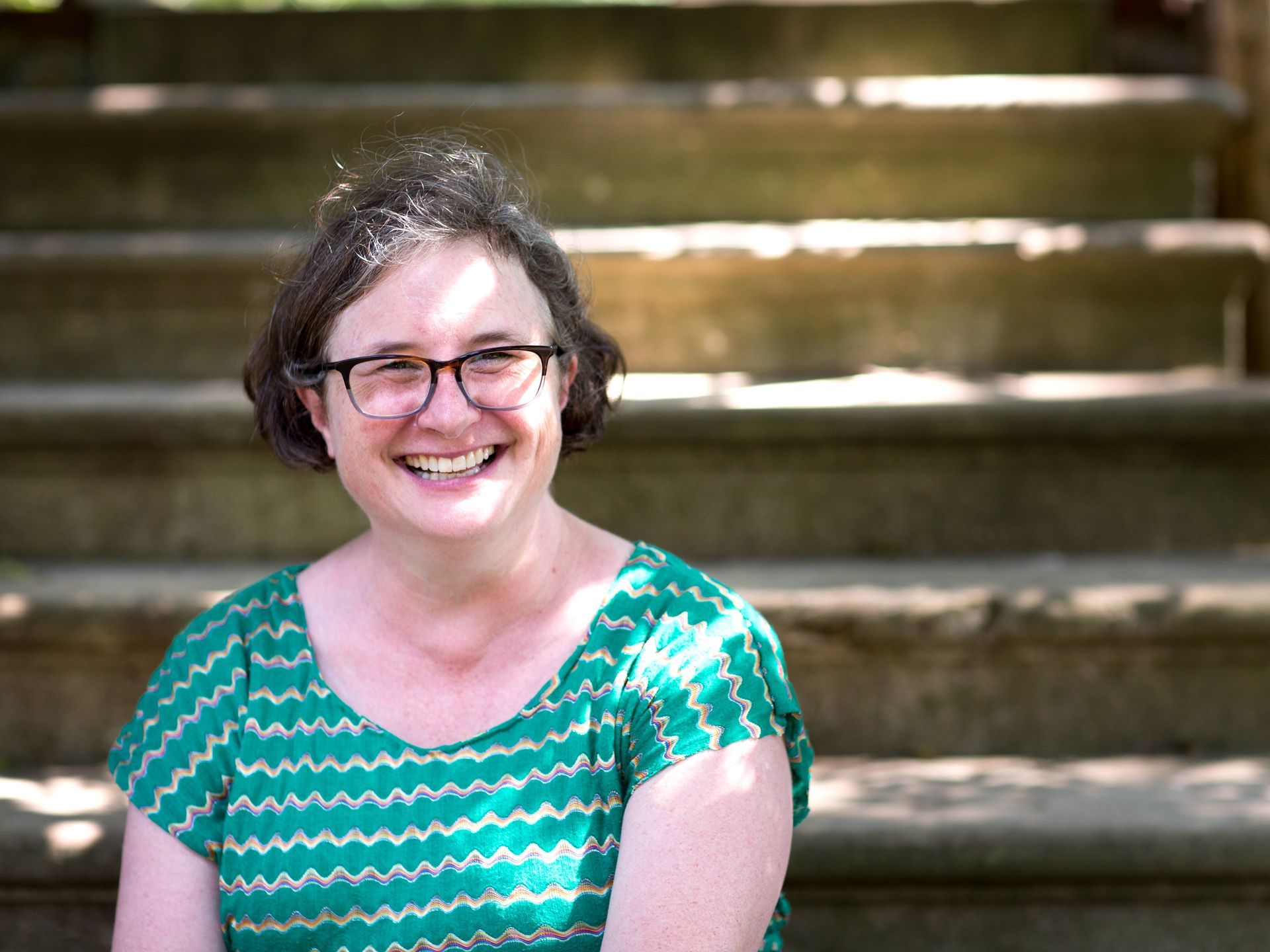How Long Can We Go Without Math?

DO WE HAVE TO DO MATH?
On a recent Monday morning, Sam, still in weekend mode, looked at the schedule for the day and said, “Aw, man. Do we have to have Math? Can’t we just… measure that tree out there or something?” A couple of other kids murmured in agreement.
Melanie replied, “That’s an interesting question, Sam. What other questions do you think we could explore with math?”
Sam, who happens to be as curious and capable a mathematician as anyone in his class, sensed a loophole. He said, “We should see how long we can go without math before we go crazy.”
Melanie, not missing a beat, said, “That’s really interesting, Sam. How long can we go without math? Let’s write that down.”
The next morning, we presented the challenge. “Sam asked a great question: How long can we go without math? So, can we try to make it all the way until Math time after lunch without using math?”
The class agreed. Xander stood up and declared, “Okay. When someone says something with math in it, we have to write their name on the board. Then, if you say something again, you get a check mark, and–three checks and you’re out!”
Kids seemed to like the idea, but several shouted, “You said three! That’s math!” And so we were off and running. Every few seconds, someone seemed to mention a page number, the time, or the way a poem was divided into parts, leading to a growing list of names on the board, with more and more check marks. Throughout Writing Workshop and even at snack time, math terms and math applications cropped up at a surprising rate.

MATH IS AN EVERYDAY THING
When the class gathered in Circle after lunch for Math, Melanie asked the group, “How did it go? What are your thoughts?”
Noting how many checks I had, Max said, “Jon likes math.”
Neil replied, “He uses math.”
Juliet said, “You use it a lot during the day and just don’t realize it.”
Getting at why I had so many checks, Max said, “Jon wasn’t trying to not use math, but some of us were. We were trying to not use a math word.”
Robbie said, “I found out it is really hard to not use math.”
Neil said, “I only recognize it if we’re doing hard math. If it’s easy, I don’t notice it, but when I have to slow down, I realize it’s math.”
Skylar declared, “Basically, every sentence you say is math.”
Xander, testing that theory, said, “I can talk. Underline that sentence.”
Sam said, “That’s still math.”
Lila, thinking about underlining, said, “A line is something that goes on and on.”
Juliet said, “Even in Reading Workshop and P.E., you still use math.” She gave a counting example, and Neil and Gabriella chimed in with other examples involving counting.
Xander said, “Math is an everyday thing. You use it all the time.” He gave a money example.
Lila said, “Math is a language we don’t notice.”
Neil said, “Math is something you use.”
Max said, “That’s what this lesson was about. You wouldn’t be teaching it if we didn’t need it.”
Skylar said, “Basically, every sentence has math.”
Melanie asked Skylar, “Are you saying every word has a number of letters or that there’s timing in language.”
Skylar responded, “Yeah, timing.”
Neil said, “You have to have spaces. Otherwise, the words would just run together.”
Juliette said, “Math is like another language, and it actually is a language that most people do speak, just not fluently. It’s language in numbers.”
Lila said, “Math is another language, and it’s kind of like when you’re trying to learn Spanish. It’s hard, but then when you get better at it, you don’t notice that you’re using.”
Reese said, “It’s like English. You don’t even think about that when you’re speaking it.”

LET’S EXPLORE
So, where did this all come from? Sam’s comment about measuring a tree showed a desire to do real work, along the lines of the measuring project we did with the new structure on the playground at the beginning of the year. Other practical math questions have bubbled up this year, too. We pondered: If we have an all-school assembly in Founders Hall, will all of the students, teachers, and staff fit? If the school year is supposed to be 180 days long, how many weeks is that? (In working out that one, one student commented earnestly, “It feels like we’ve been in school for about 37 weeks so far this year.”)
The check marks seemed to be a lot about making a game of it. Placing that lens on it was fun, and there were gotcha/aha moments galore.
The kids also had tools in place for thinking about this. We had already done work around the myriad uses for numbers, for example.
The discussion, of course, had a lot to do with the culture of the class and the pedagogical approach of the school. It’s not just a willingness to sit in Circle and talk things through (although that’s clearly a part of it). Co-constructing our understanding of things is what we do.
It’s also about a process of listening to the kids, noticing when they ask thought-provoking questions, and then getting really curious about where those questions can lead. It would have been easy to write off Sam’s comment as him just wanting to make the weekend last a little longer. Instead of shutting that down, Melanie said, “That’s interesting. Let’s explore it more,” and we went from there.
The post How Long Can We Go Without Math? appeared first on Sabot at Stony Point.
SHARE THIS POST
